On May 23, Papua New Guinea (PNG) Prime Minister James Marape announced that the defense agreement with the US prohibits "offensive military operations".
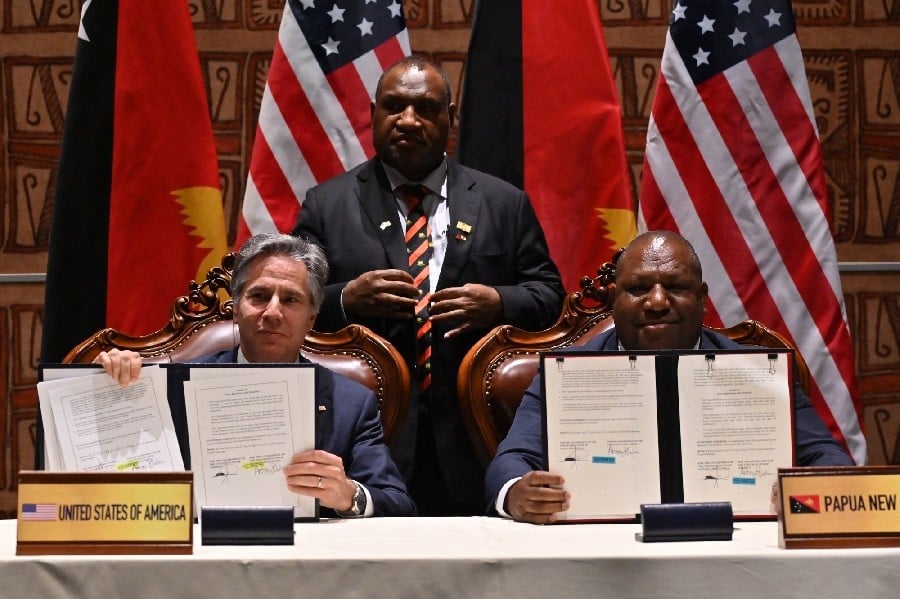 |
| Papua New Guinea Prime Minister James Marape witnesses the signing of a defense agreement between US Secretary of State Antony Blinken (left) and Defense Minister Win Bakri Daki on May 22 in Port Morseby. (Source: AFP) |
"PNG is not a military base to launch war. There is a specific clause that says this cooperation does not mean that the partner uses PNG as a base to launch offensive military operations," Mr Marape said on state radio.
Prime Minister Marape affirmed that this agreement is not a treaty and does not need to be ratified by the PNG Parliament, and said that he will release the full content of the agreement for public scrutiny on May 25.
On May 22, US Secretary of State Antony Blinken signed a defense agreement with PNG, allowing Washington forces access to the Pacific island nation's ports and airports.
The two countries could also share technical expertise and conduct joint maritime patrols, expanding PNG's capabilities and making it easier for the US military to train Pacific island forces.
The deal has sparked student protests amid concerns it could draw PNG into the strategic rivalry between the US and China.
New Zealand is the first country in the region to express its views on the deal.
Accordingly, on May 22, New Zealand Prime Minister Chris Hipkins believed that the agreement was an expansion of relations between the two countries in the defense field, including increasing the presence of the US military and promoting bilateral cooperation on other issues.
According to Mr. Hipkins, increasing the US military presence does not mean militarizing the region.
Source






![[Photo] Bustling construction at key national traffic construction sites](https://vphoto.vietnam.vn/thumb/1200x675/vietnam/resource/IMAGE/2025/5/2/a99d56a8d6774aeab19bfccd372dc3e9)

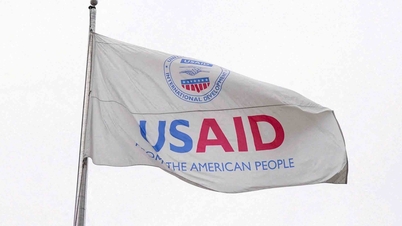

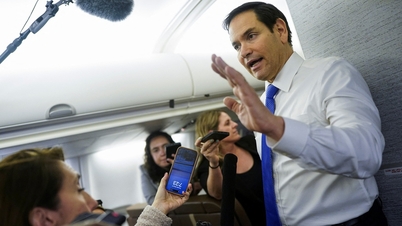


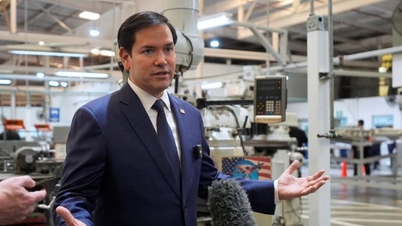





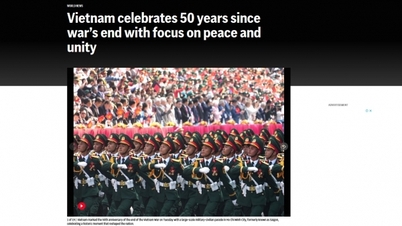










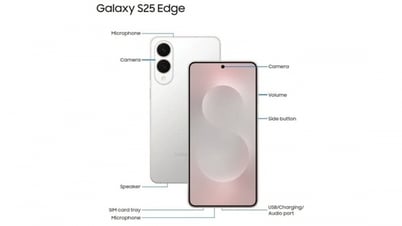
![[Photo] Binh Thuan organizes many special festivals on the occasion of April 30 and May 1](https://vphoto.vietnam.vn/thumb/1200x675/vietnam/resource/IMAGE/2025/5/1/5180af1d979642468ef6a3a9755d8d51)

![[Photo] "Lovely" moments on the 30/4 holiday](https://vphoto.vietnam.vn/thumb/1200x675/vietnam/resource/IMAGE/2025/5/1/26d5d698f36b498287397db9e2f9d16c)




































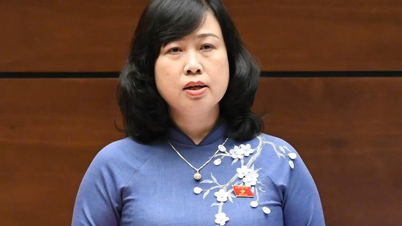














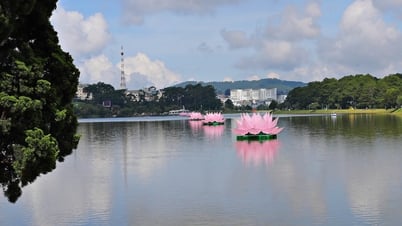

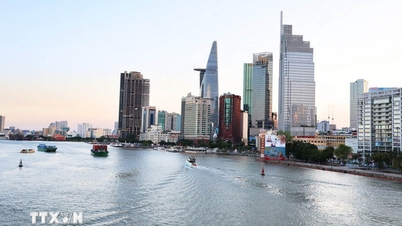














Comment (0)